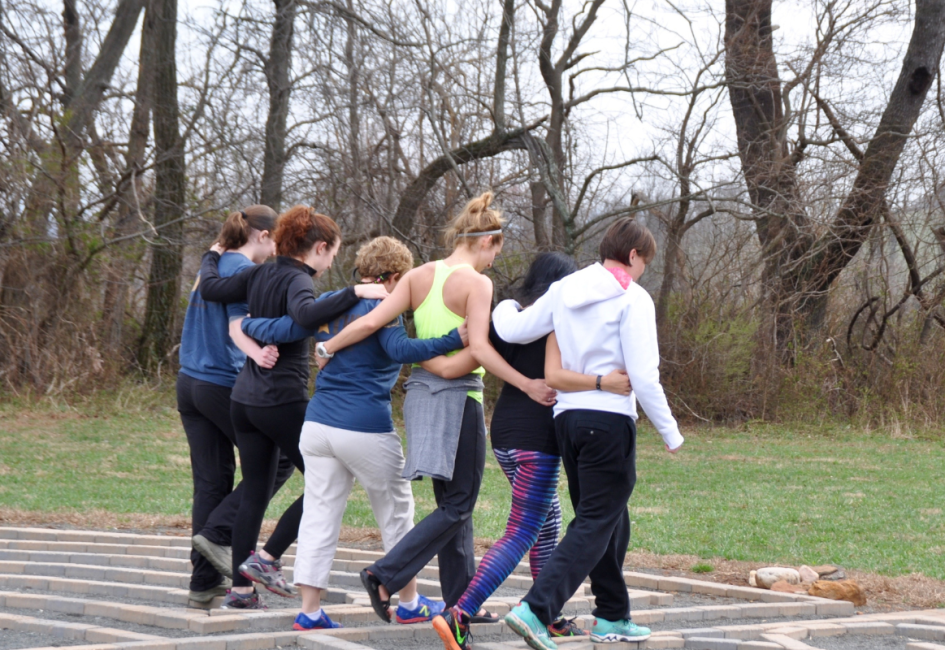There is evidence suggesting that the struggle with highly challenging circumstances (e.g., earthquakes, fires, major transportation accidents) can produce significant positive changes for persons coping with trauma. The authors have termed these changes “posttraumatic growth” (PTG). PTG is positive change that an individual experiences as a result of the struggle with a traumatic event. Although similar to concepts such as hardiness and resilience, which describe persons who, in spite of exposure to highly stressful life circumstances, nevertheless withstand or bounce back psychologically without developing deficiencies or psychological problems, PTG refers to something different. The experience of posttraumatic growth is one in which the individual describes significant positive changes arising from the struggle. The kinds of PTG reported tend to fall into 3 general categories: (1) changes in one’s sense of self, (2) changes in relationships with others, and (3) changes in one’s spirituality or religion. This chapter describes these 3 general domains of growth, and then discusses how a PTG growth perspective might be applied in the context of posttraumatic interventions.
Read the Chapter “Early posttraumatic interventions: Facilitating possibilities for growth” https://psycnet.apa.org/record/2000-16016-007
Give strength & hope to those who serve
Your support powers life-changing programs offered at no charge to veterans, military, first responders, and their families. With your help, our Warriors won't just survive — they'll thrive.


